In 2025, international income is no longer a rare stream for Nigerians, it’s becoming the norm. From freelancers earning in dollars to students abroad receiving upkeep, and e-commerce owners getting paid through global payments are now part of everyday life.
However, not every Nigerian bank can handle these international flows smoothly. From failed dollar card transactions to poor FX access and delayed transfers, the wrong bank can cost you money, time, and opportunities. If you’re trying to figure out the best bank for international payments in Nigeria, this guide breaks down the top-performing options based on real functionality, not just reputation.
Why Choosing the Right Bank Matters in 2025
Global payments rely on more than just internet access. In Nigeria, international transactions are heavily influenced by bank policies, foreign exchange availability, CBN regulations, and technology infrastructure. A poor banking choice can mean:
Unnecessary payment delays
Rejected foreign transfers
High hidden fees
Poor dollar card functionality
Unresponsive mobile apps
As digital demand increases, some banks have adapted, others haven’t. Your income shouldn’t suffer because your bank is stuck in the past.
Top Features to Consider for International Payments
When comparing Nigerian banks for foreign transactions, consider the following features:
Foreign exchange speed: How quickly you receive USD, GBP, or EUR
Card availability & dollar spending limits: Ensure it allows easy online purchases.
Support for global platforms: Payoneer, Wise, PayPal, etc.
Accessibility of foreign currency accounts: Be sure you can open a USD or GBP domiciliary account easily
Mobile experience: Be sure the app is responsive, reliable, and easy to use.
Transparency: Make sure the fees and exchange rates are clearly stated and fair.
Top Nigerian Banks for International Payments
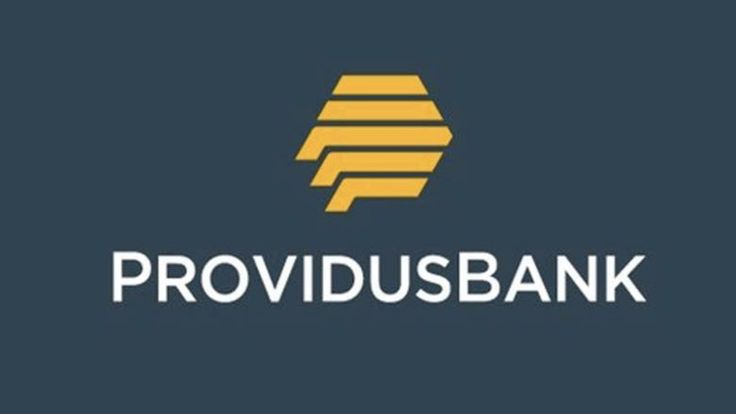
Providus has become the preferred bank for Nigerian freelancers, remote workers, and digital creators. It supports direct integration with Payoneer and offers both virtual and physical dollar cards with flexible spending limits.
Direct Payoneer support
FX inflow usually within 24 - 48 hours
Clean mobile banking experience
Competitive fees and real-time alerts
Domiciliary accounts available with minimal hassle
Why it’s best: Reliable for individual earners and digital professionals looking for fast, functional banking.
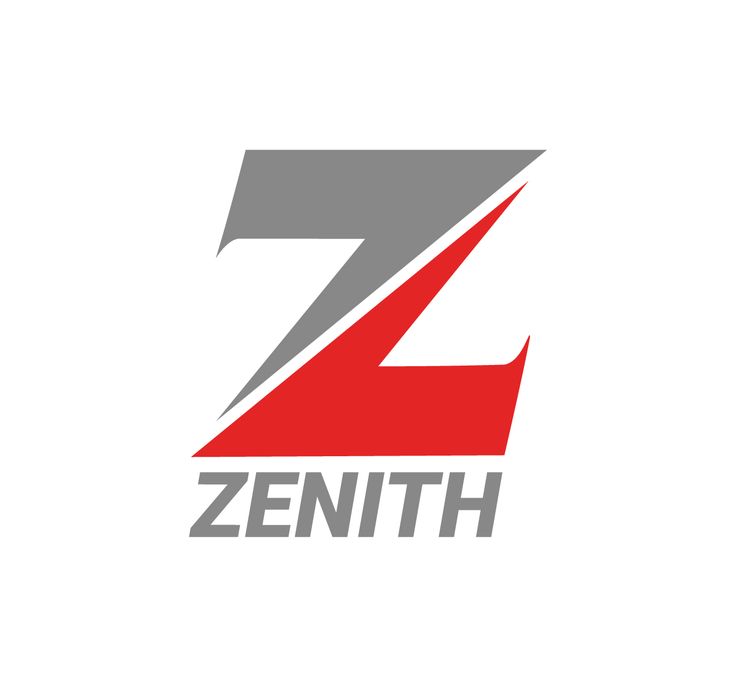
Zenith remains one of the strongest banks for structured international transactions. It’s ideal for SMEs, consultants, or import/export businesses dealing with larger sums.
Strong domiciliary account support
Accepts wire transfers and SWIFT payments
Physical dollar cards with medium-to-high monthly limits
Transparent fee breakdowns
Trusted for business continuity
Why it’s great: Stable and efficient for bulk international bank transfers in Nigeria.
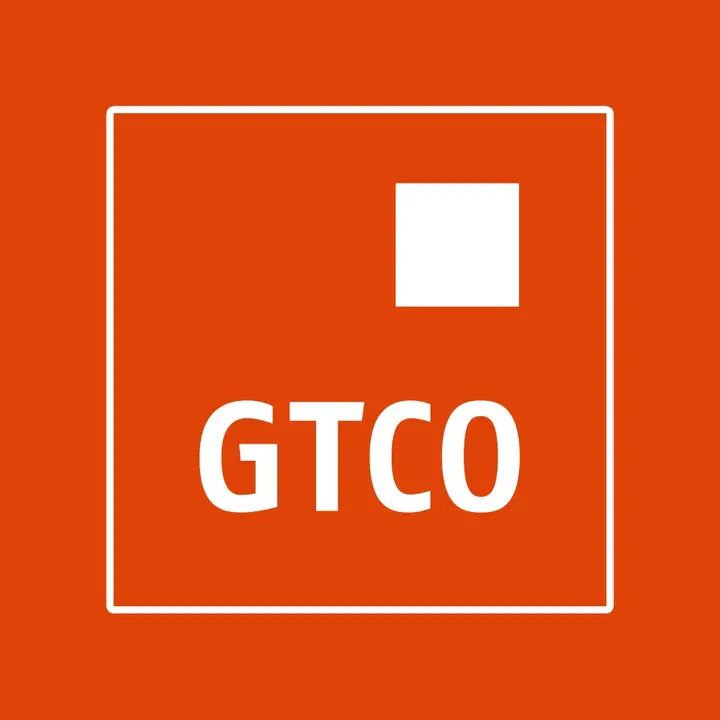
GTBank still serves a large portion of Nigeria’s global earners, especially those with long-standing accounts. However, its dollar card is often limited to $20 - $100 monthly, too low for active digital workers.
Reliable domiciliary account service
Standard SWIFT and FX inflow support
Dollar card available but restrictive
App can be slow or crash during peak hours
Why it’s relevant: Still usable, but not ideal for serious dollar-based spending.
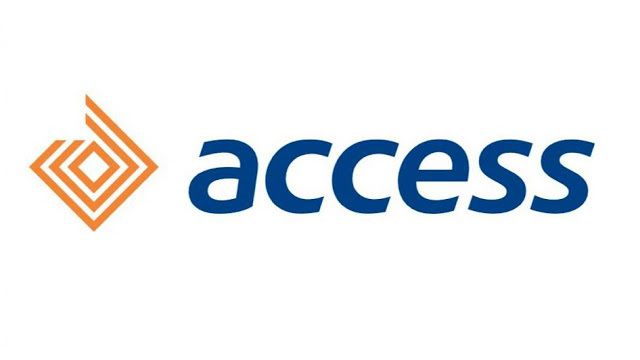
Access Bank offers a virtual dollar card and supports domiciliary accounts, though some users report inconsistency with dollar availability and card activation.
Virtual card for online payments
FX inflows processed with standard delay
Decent mobile app but some technical complaints
Not directly integrated with platforms like Payoneer
Why it’s decent: Good for moderate users, but not ideal for full-time digital earners.
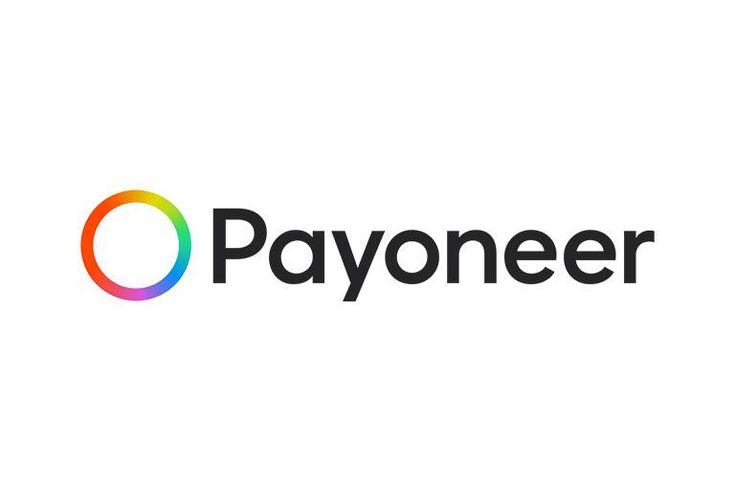
While Kuda doesn’t process international payments directly, pairing it with a Payoneer account and a third-party virtual card gives new freelancers a functional digital workaround.
Great for receiving local naira payouts from Payoneer
Excellent mobile app experience
No direct domiciliary account support
Ideal for first-time earners or part-time freelancers
Why it works: Lightweight and digital, but not yet a full FX banking solution.
Tips for Smooth International Transactions in Nigeria
Always test with a small transfer before scaling up
Open a domiciliary account that supports your payment platform
Monitor exchange rates daily, they fluctuate rapidly
Use banks with strong mobile apps and verified virtual card partners
Keep a backup payment method or bank option in case of CBN policy changes
Conclusion
In today’s digital economy, your bank should power your earnings, not restrict them. The best bank for international payments in Nigeria isn’t the one with the longest history, it’s the one that works now.
Start by comparing the features above, opening the right account, and testing your first foreign payment. Your money should move as freely as you do, don’t let the wrong bank slow you down.